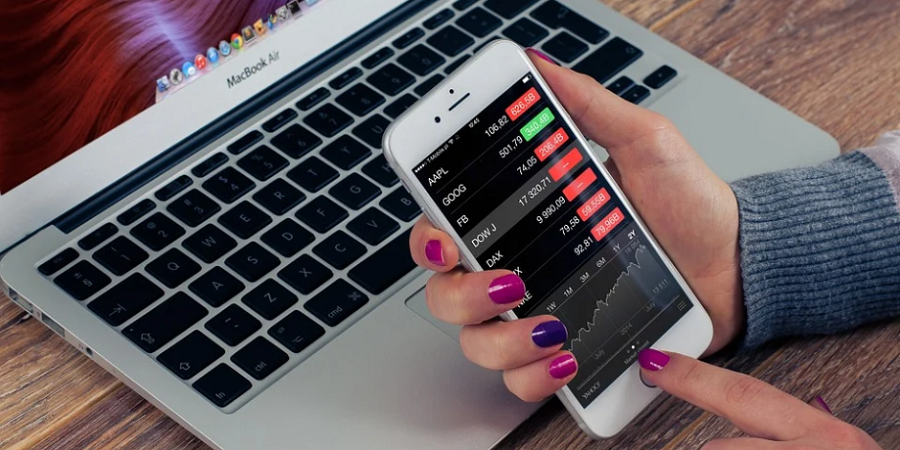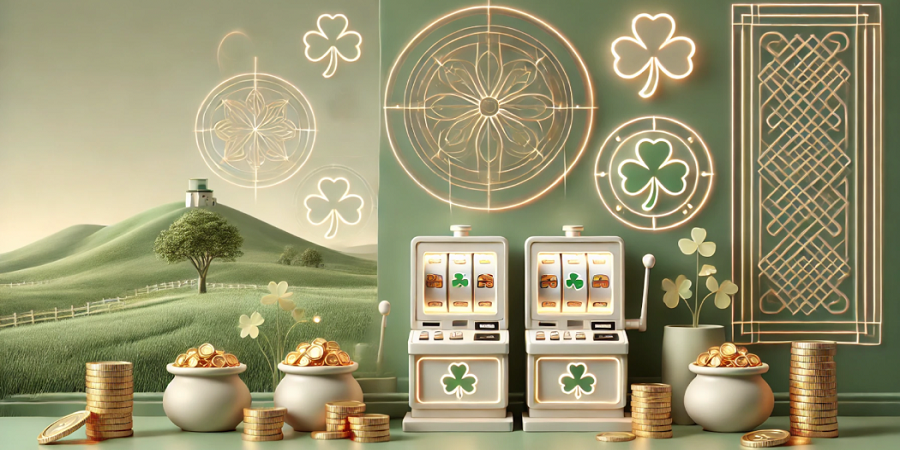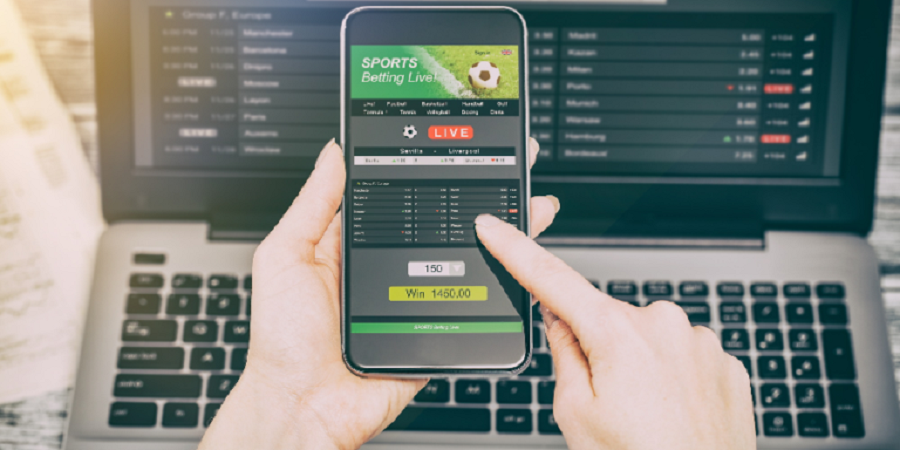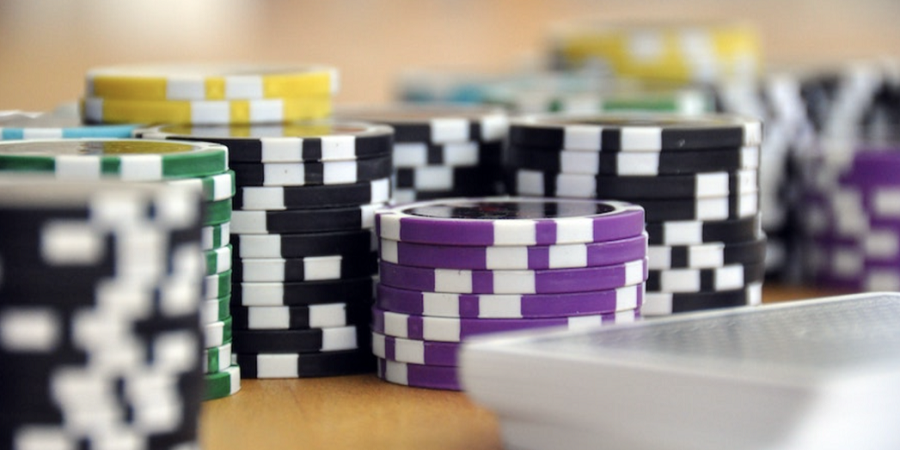When trying to understand the math behind betting odds and gambling, there’s one important thing to know – the three types of odds are just different ways of displaying the same probability. When you look at it this way, it’s easy to see how one kind of odds can be changed into another.
Before we delve deeper into this subject it is important to note that odds conversions require seemingly difficult calculations but once you gain a full grasp of the three types of odds, things will get much easier.
Learning more about the odds will come in handy when you visit www.royalvegascasino.com. It offers gamers over 500 thrilling games to choose from, as well as some of the most competitive bonuses and promotions in the industry Their loyalty program is impressive as well.
The One Rule of Odds You Should Know
The general rule for the conversion of all 3 odds into an implied probability is as follows:
The implied probability of outcomes is equal to the stake/total payout.
To use this equation, you will divide the amount that you are wagering (on stake) by the total payout to figure out the outcome’s implied probability.
It is also important to note that the odds will keep changing as the bets start to flood in, which means that the bookmakers estimation will change with time. Plus, the odds vary based on the bookmaker, which means that their odds aren’t always accurate. Thus, a betting opportunity is only valuable when the estimated probability for the outcome is larger than the bookmakers estimations.
The House Advantage
The odds being displayed never reflect the true probability because the bookmaker always adds a profit margin in their odds. In other words, even when someone wins a bet, the payout is always less than they should have received because the true odds are never displayed
It’s Science
Based on research by the Journal of Gambling Studies, the more hands that a player wins, the less money they are likely to receive, especially if they are a beginner. Also, a lot of wins usually translate to small stakes so gamers are compelled to play. But the more you play, your percentage of losses will go up as well.
Right about now is where behavioral economics starts to kick in. In other words, players tend to keep gambling in hopes that they will win it big and this money will offset the winning streak or losses that tempt him or her to keep playing. In both cases, it isn’t a rational response or statistical reasoning but the high of a win and the individual’s emotions that compel him or her to play more.
The Bottom Line
A betting opportunity should only be considered beneficial if the value of its outcome is higher than the bookmakers estimate of the implied probability. Furthermore, the odds that are displayed rarely portray true probabilities so the payoff is always less that is should be. This is why the house always wins, their profit margin is included in the odds.










